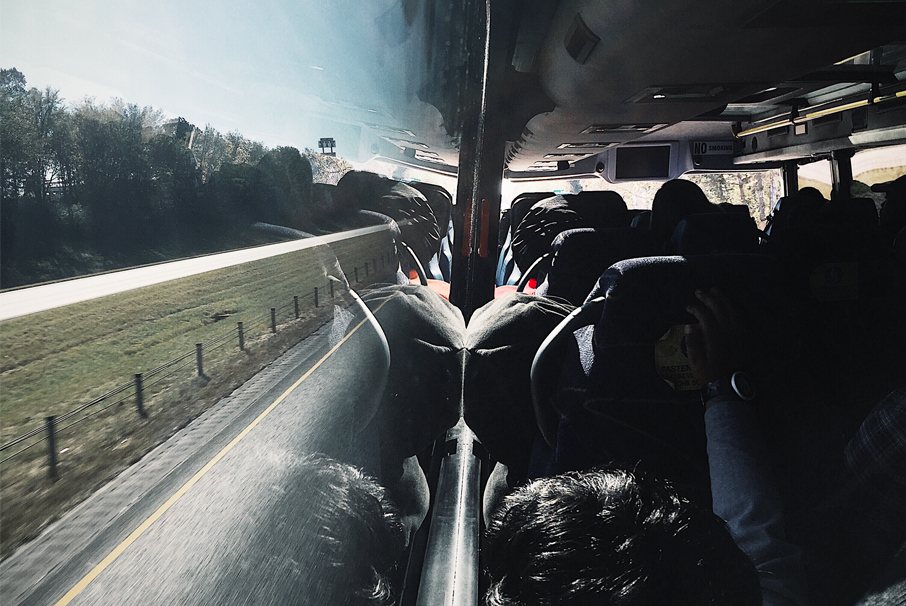
Migration, Visas and Residence of Foreigners to Brazil /
Refugee, immigrant and asylum: What are the differences in Brazil?
Refugees, immigrants, and asylum seekers are individuals who, for different reasons, need to leave their country. According to the United Nations, 2018 had the highest number of refugees in world history, reaching 70.8 million displaced individuals seeking refuge in other countries. But do you know the differences between refugees, immigrants, and asylum seekers?
A refugee is a person who has been forced to leave their home country due to persecution, war, or violence. They have a well-founded fear of persecution based on factors such as their race, religion, nationality, political opinion, or membership in a particular social group. Refugees are unable or unwilling to return to their home country and seek protection in another country.
An immigrant, on the other hand, is an individual who chooses to move to another country in search of better economic opportunities, education, or a higher standard of living. Immigrants often go through legal procedures such as obtaining visas or work permits to reside and work in their destination country.
An asylum seeker is someone who has fled their home country, similar to a refugee, but they have not yet been granted refugee status. Asylum seekers are seeking international protection and have applied for asylum in another country. They are awaiting a decision on their refugee status, and during this time, they may be provided with temporary shelter and basic necessities.
If you need legal assistance from our specialized lawyers to regularize your status as a refugee, immigrant, or asylum seeker in Brazil, click here to access the service area and make your request.
Is there a difference between refugee immigrants and asylum seekers?
When we talk about refugee immigrants and asylum seekers, there are often doubts and questions about their differences. The concepts can be confusing, as they all share some similarities but also have many differences.
All individuals in these three categories are unable or unwilling to live in their country of origin. However, the reasons that lead a refugee, immigrant, or asylum seeker to move are completely different. Let’s explain the concepts of each.
What is the difference between asylum and refuge?
In fact, both asylum and refuge represent the impossibility for a foreigner to remain in their country of origin due to different reasons, such as political stance or natural disaster, for example. Therefore, both seek external shelter for their difficulties.
- Political asylum represents an individual need, meaning it is characterized by an individual seeking shelter and, in most cases, due to political reasons.
- On the other hand, refuge is a collective need, often motivated by conflicts and natural disasters, even though it’s granted on an individual basis. In summary, conflicts, and natural disasters generate collective problems, which translates into a mass exodus from the country of origin to others.
What characterizes people as ‘immigrants’?
An immigrant is an individual who voluntarily moves from their country of origin to another. Their objective is to establish themselves in a different location for various reasons. One of the main reasons is economic. Typically, immigrants seek a better quality of life elsewhere.
Immigration Process in Brazil
In Brazil, there are two types of immigrants: temporary and permanent.
Thus, immigrants who wish to settle permanently must apply for permanent residence authorization for foreigners in the country.
On the other hand, individuals who will temporarily go to Brazil can apply for a temporary visa, which has various types of visas.
In this case, the person must choose the best category that suits their situation for the permit application.
What characterizes the political asylum seeker among refugees, immigrants, and asylum seekers?
Political asylum seekers fall into this category if they are persecuted for political reasons (as the name implies) in their country of origin. It’s important to note that political asylum seekers tend to seek protection from individual or small-group political persecution. In this case, for an asylum seeker to be accepted by another country, they must not have committed any crimes or be awaiting trial related to any crime.
An important point is that it is the State’s decision to accept or deny the application. Thus, the connection is direct with the country that decides to offer asylum, so it is up to them to analyze whether they will accept the request or not.
On the other hand, an immigrant voluntarily leaves their country, while a refugee generally seeks another country due to some collective problem they face in their nation. However, the granting of refugee status is done on an individual basis.
How does political asylum work in Brazil?
There are two types of political asylum applications: territorial and diplomatic.
The first type is permission granted by the Brazilian Government for an individual to stay on national territory.
To apply for this type of political asylum (territorial), the person must already be within Brazil.
The second type, diplomatic asylum, applies only to individuals who are still in their country of origin. The application is made directly at the Embassy or Consulate as if the appeal is accepted, the asylee “resides” in the Embassy or Consulate of another country, being protected from persecution even though they are not on Brazilian geographic territory.
Who are considered refugees?
Refugees are those who suffer persecution in another country, which can be based on ethnicity, religion, nationality, or social group, among others. Unlike political asylum, which pertains only to political persecution, refugees encompass other categories. It also includes individuals who are in situations of war or internal conflict in their country of origin.
There is an international regulation for refugees derived from the 1951 Geneva Convention. One of the rules and benefits of this convention is that a refugee cannot be expelled or returned from the country they sought refuge into their country of origin if there are still risks to their freedom or life.
Thus, the decision is not solely up to the State, as it is with political asylum. The country must accommodate the refugee within its territory. However, there is a request process that must be followed, and the government will determine the refugee status.
If you need legal assistance from our specialized lawyers to regularize your status as a refugee, immigrant, or asylum seeker in Brazil, click here to access the service area and make your request.
What is the process for refugee application in Brazil?
As we’ve seen, an asylum seeker does not need to be on Brazilian territory to make the request. However, for a refugee, this option doesn’t exist. The refugee application is made when the individual is either on the territory of the country they wish to seek refuge in or already at its border.
In Brazil, the application is generally made at the Federal Police or another immigration authority at the country’s border. The first step is for the individual to complete the Refugee Application Form, after which they will receive a temporary protocol.
This protocol grants the applicant the same individual rights as the country’s citizens, allowing them to obtain a work permit, CPF (individual taxpayer ID), and access Brazilian public services. This enables, for example, the refugee to be employed in Brazil.
However, the protocol is valid for one year and can be renewed until a definitive decision is made, confirming or denying the refugee status. In the case of a denial, the applicant can file an appeal with the Ministry of Justice.
Is a Humanitarian Visa the same as refugee status?
The answer is no. The two visas are different and for distinct situations. The humanitarian visa is intended for individuals who are victims of environmental or economic crises. Brazil has offered these visas, primarily to Haitians and Venezuelans, under the Migration Law to grant them temporary visas or authorization to stay in Brazilian territory.
However, to expedite the process and assist the situation of Syrians, Brazil also started authorizing humanitarian visas for them, to streamline the process. As a result, these displaced individuals obtain immediate residency by carrying a humanitarian visa, avoiding the wait for the refugee process.
The humanitarian visa is obtained at Consulates and Embassies in neighboring countries such as Lebanon, Jordan, and Egypt, among others. The displaced individual must provide documents for visa issuance, including:
- Valid travel document;
- International Certificate of Vaccination;
- Completed application form;
- Proof of means of transportation to enter Brazilian territory;
- Criminal record certificate or declaration.
After submitting the documents, a temporary visa will be issued, valid for 90 days. Upon arrival in Brazil, the person must go to a Federal Police unit to register the visa and obtain the National Migration Registry Card (CRNM). With the RNM card in hand, they can obtain an Individual Taxpayer ID (CPF), a Work Permit, and access other Brazilian public services.




